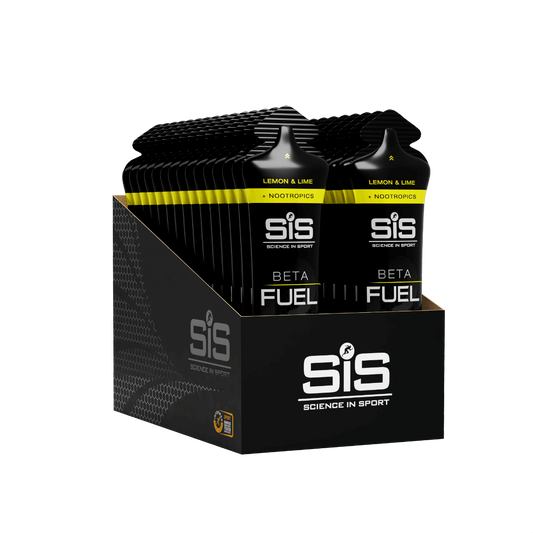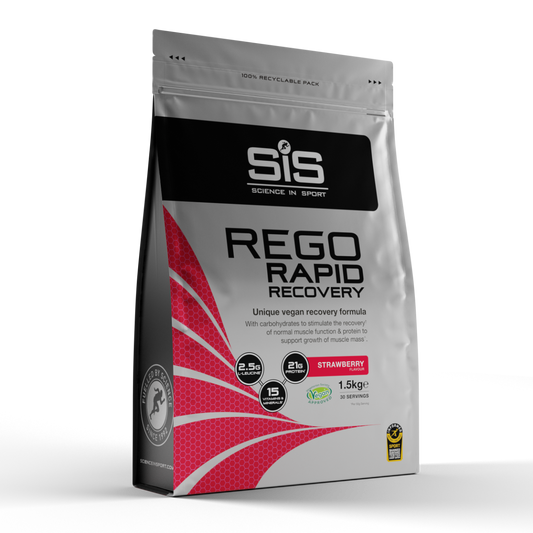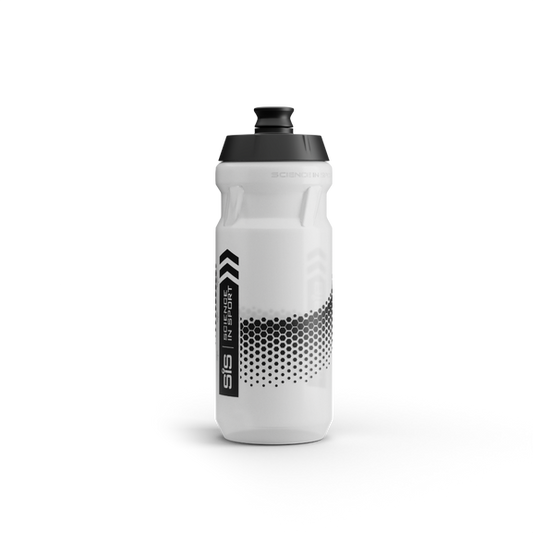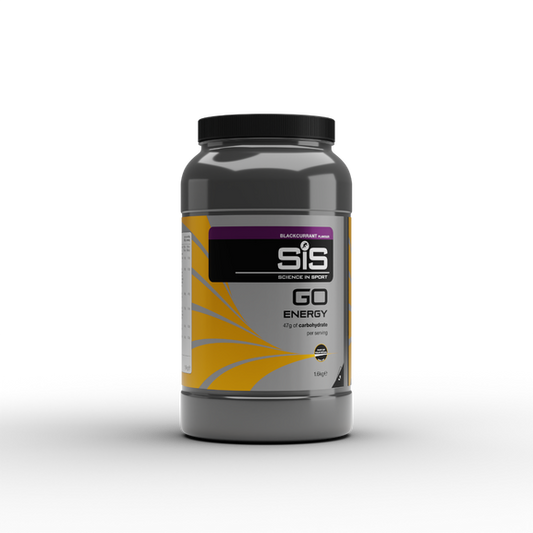During a one game a week schedule, professional players will typically run 25 km per week, split 50-50 between training and games. In contrast, during a 3-game week schedule, the total distance covered per week can increase to 35-40 km per week, where almost 75% of the workload is in matches alone. During this type of schedule, players will only have 48 hours of recovery between games, meaning physical stress on the body is far greater, increasing the risk of injury and illness. Amateur players can often face the same challenges at the end of a season as they’re faced with a bottleneck of fixtures as a result of winter postponements. But don’t worry, our expert advice will keep you fuelled until the final kick of the campaign…

The first game
The initial challenge is to ensure players start their first game with full energy stores. This initial approach will reduce the stress of match one and give players a better chance of recovering, while reducing the risk of injury and illness and being ready for game two. The main challenge immediately after game one, is of course, to restore energy stores and repair muscle damage.
The 3-hour rule
To accelerate recovery, players should focus on the immediate 3-4 hours after game 1 where they should ensure they are consuming carbohydrate at a rate of 1.2 g/kg per hour. Failing to take advantage of this short-term period will significantly reduce the amount of energy stored in the next 48 hours. Recovery from game one should then consist of consuming carbohydrate at a rate of 8 g/kg per day for the two days prior to the second match. Consuming such higher carbohydrate intakes after game one will help to promote physical performance during the second match.
More games, more fuel
Similar fuelling should then occur after game two in order to recover and prepare for game three. Whereas a normal Saturday-to-Saturday schedule may involve reducing daily carbohydrate intake on lower intensity training days, nutrition during congested schedules should emphasise high daily carbohydrate intakes throughout the duration of the fixture period. On such occasions, it is clear that carbohydrate remains king in order to successfully perform during an intense fixture period.
6 top tips
1.Ensure sufficient energy stores prior to game one by consuming 8 g/kg of carbohydrate the day before and consuming a pre-match meal of 2-3 g/kg.
2.Consume sufficient carbohydrate during game two to reduce the magnitude of energy depletion during the initial game challenge. Players will consume a mixture of SiS GO Electrolyte and SiS GO Isotonic Gels to hit the targets of 60 g/h.
3.Always ensure that refuelling begins immediately after the game and aim for targets of 1.2 g/kg body mass per hour for at least three hours after each game. Players will often start the recovery process with SiS REGO Rapid so as to achieve a mixture of carbohydrate and protein before fuelling on solid foods and post-match meals. An array of recovery food should always be available in the changing room after games.
4.Consume carbohydrate rates of 8 g/kg per day in the 48 hours between games to continue the refuelling process.
5.Increase dietary protein intake during times of congested fixture schedules and aim for at least 2 g/kg per day. Increased protein intake will not only help to promote muscle repair but can also promote immune function during times of heavy exercise. Players will often use a mixture of SiS Advanced Whey Isolate, Whey 20 and SiS Protein Bars in between main meals to achieve their protein targets.
6.Consider supplementing your diet with the SiS vitamin and mineral range to promote immune function during this period.












